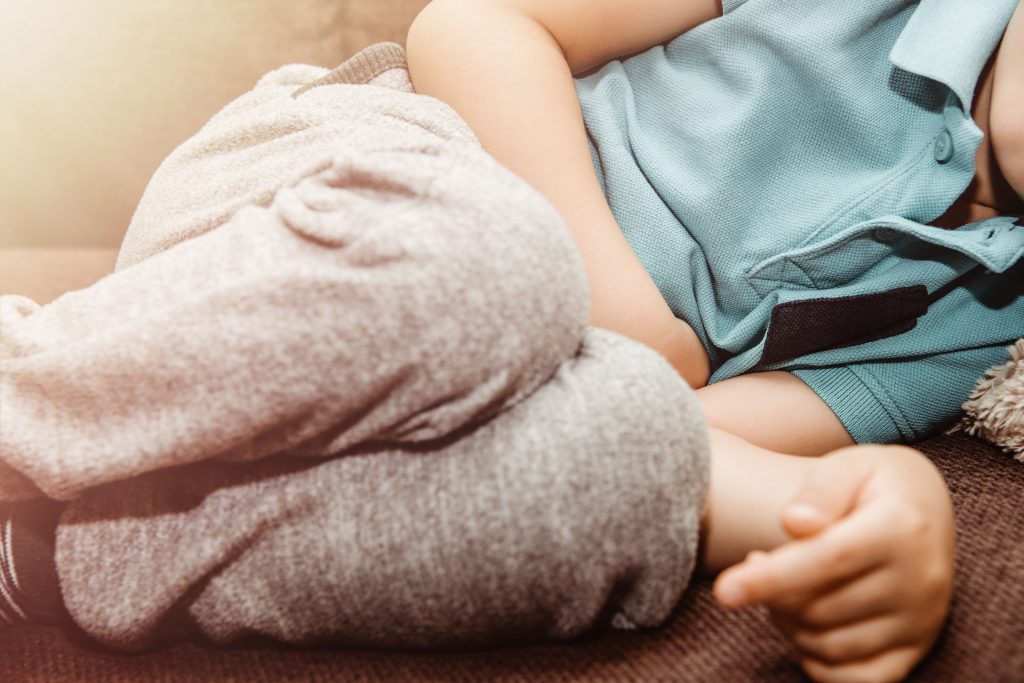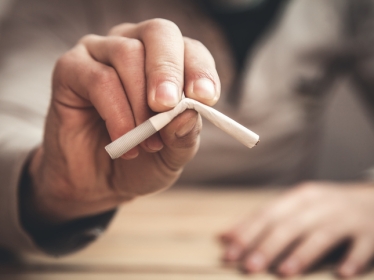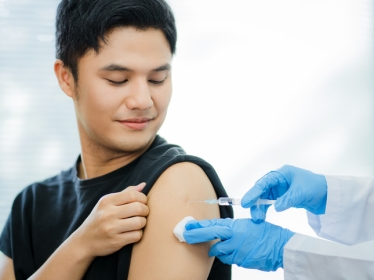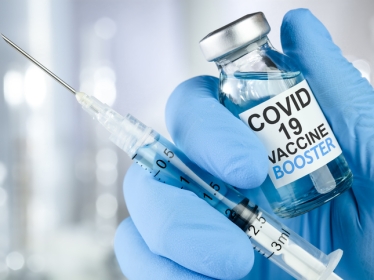
Acute diarrhoea is common in children, and is usually infectious in origin. It is a clinical syndrome of acute onset of diarrhoea and/or vomiting with or without fever. It is important to know what we should do when our children have diarrhoea.
What causes acute diarrhoea in children?
Acute diarrhoea can either be caused by a virus, or bacterial in origin. The most common cause of acute diarrhoea in Singapore is rotavirus. There are other viruses that can cause acute diarrhoea in children, such as adenovirus, astrovirus, Norwalk virus, enterovirus, calicivirus. Bacterial is less common and includes salmonella species, campylobacter, shigella, E.Coli and vibrio infections.
How can you tell if it is gastroenteritis?
Gastroenteritis is usually a self-limiting clinical course, with most recovering within 7-10 days of illness. Diarrhoea is most typically a symptom of gastroenteritis.
Beware of a child with prolonged diarrhoea, which can be because of other aetiology, such as inflammatory bowel disease, extra-intestinal infections, autoimmune disease, or iatrogenic causes from medications used.
Also beware of a child with vomiting without diarrhoea, which can be due to acute appendicitis, urinary tract infection, meningitis, otitis media, or acute surgical conditions (intussusception, malrotation).
Is gastroenteritis dangerous? How to tell if my child is dehydrated?
Dehydration is the most common complication from gastroenteritis. As long as a child is still able to tolerate orally and able to replace the losses, gastroenteritis can be safely managed at home. However, if your child elicits signs of dehydration, you should seek medical attention.
Signs of dehydration:
- Thirsty, lethargy/restless, irritable
- Dry lips and sunken eyes
- Minimum or no tears when crying
- Reduction in urine output (less than 5 wet diapers/day)
- Sunken fontanelle (soft spot on the child’s head if she/he is younger than 18 months old)
Treating children with diarrhoea at home
- Encourage small but frequent feeding, and taking more fluids than usual.
- Continue with her/his regular breast-milk or full-strength formula feeding. Breast milk is the best liquid for your child.
- Drinking Oral Rehydration Salts (to replace salts and water that the body loses, and prevent dehydration)
What is the best diet I should give my children when they are having diarrhoea?
Give your child a healthy diet during this period so he/she can fight against the infection, heal the digestive system and prevent weight loss.
Examples of appropriate foods are breast milk or regular strength milk, cereal, soup, porridge with protein and vegetables. Avoid fatty food, spicy food and sugary drinks (i.e. packet fruit juices, soft drinks).





